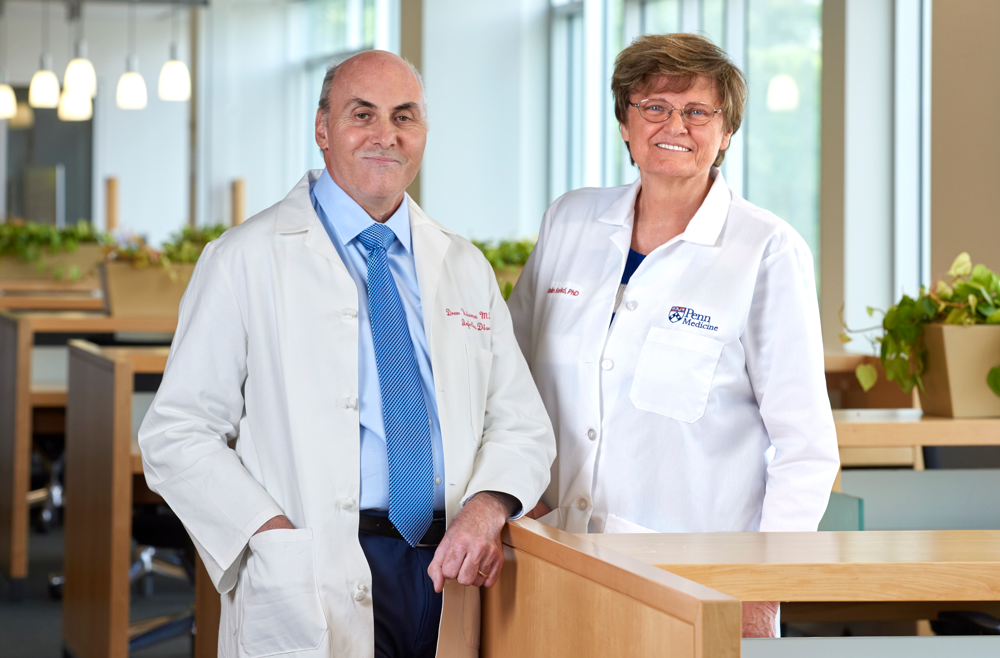In a historic recognition of scientific innovation and its profound impact on global health, the Nobel Prize in Physiology or Medicine for 2023 has been jointly awarded to Katalin Karikó and Drew Weissman. These visionary scientists have been honored for their groundbreaking work in the field of mRNA technology, which paved the way for the development of highly effective COVID-19 vaccines.
Karikó and Weissman’s research revolutionized the landscape of vaccine development, particularly in the context of combating the COVID-19 pandemic. Their pioneering work in messenger RNA (mRNA) technology led to the creation of a remarkably effective vaccine against SARS-CoV-2, the virus responsible for COVID-19. What sets these vaccines apart is their exceptional flexibility and adaptability, enabling large-scale production and rapid rollout.
The Nobel Prize recognizes their contributions not only to the development of COVID-19 vaccines but also for the profound impact their research has had on our understanding of how mRNA interacts with the body’s immune system. Their work overcame significant challenges associated with the use of synthetic mRNA, including the body’s inflammatory response and the production of harmful cytokines.
Gunilla Karlsson-Hedestam, a member of the 2023 Nobel Committee for Physiology or Medicine, emphasized the importance of this recognition, stating, “What’s important here I think is that vaccines can be developed so fast, and this was as we just heard, largely due to improvements in technology and this basic discovery that allowed this.”

Beyond the realm of COVID-19, mRNA vaccines have unleashed a new era of possibilities in healthcare. They hold tremendous promise for treating a range of diseases, including cancer. Karikó and Weissman’s pioneering work has not only saved countless lives during the pandemic but has also opened doors to groundbreaking research in various medical fields.
The Nobel Prize serves as a powerful testament to the potential of science and innovation in addressing the world’s most pressing challenges. It is our hope that this recognition will inspire future generations of researchers to pursue innovative solutions to global health crises, propelling humanity toward a healthier and brighter future.
Resources:
2.https://www.scientificamerican.com/article/nobel-prize-medicine-2023-mrna-vaccine-tech/
3.https://www.yahoo.com/news/two-penn-scientists-awarded-nobel-145531451.html
5.https://www.abc.net.au/news/2023-10-02/nobel-prize-physiology-medicine-2023-mrna-vaccine/102926620